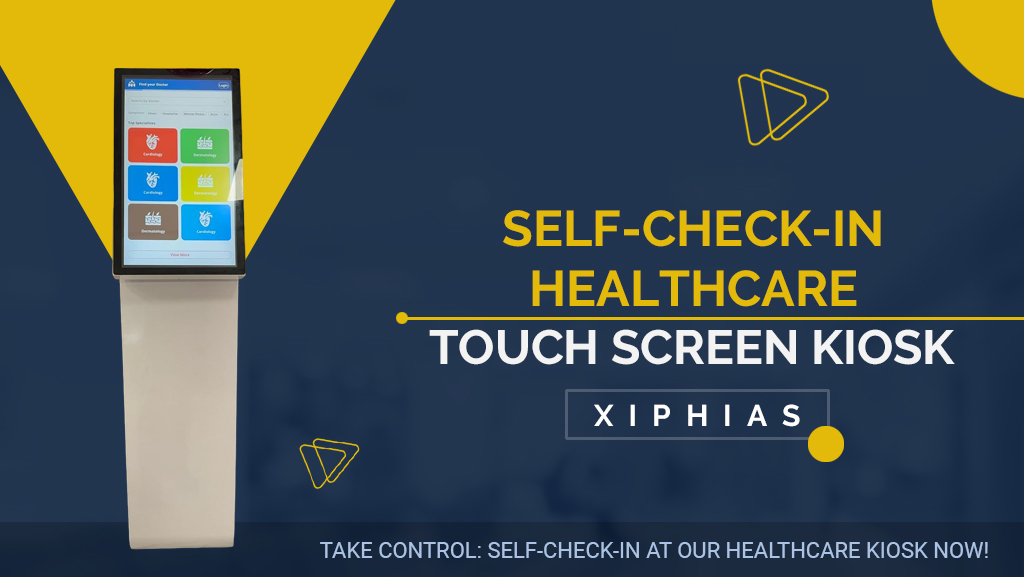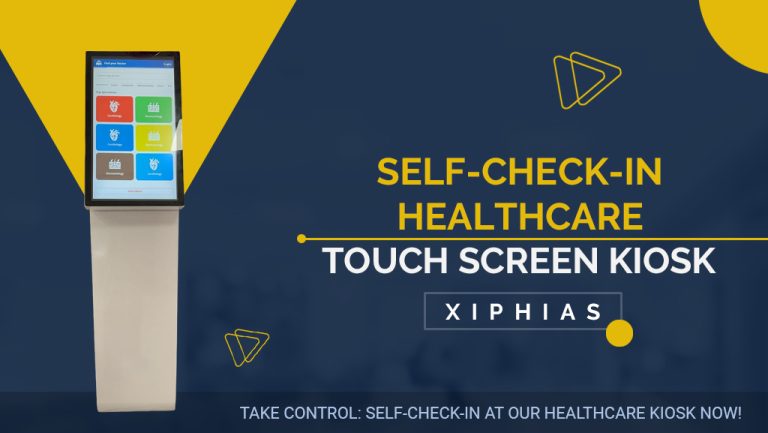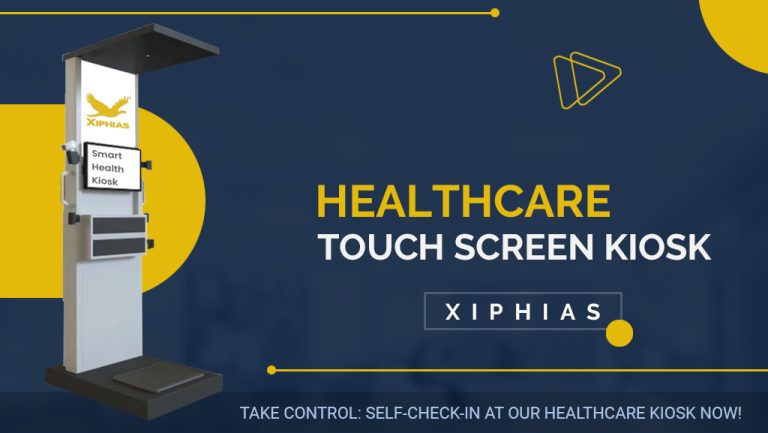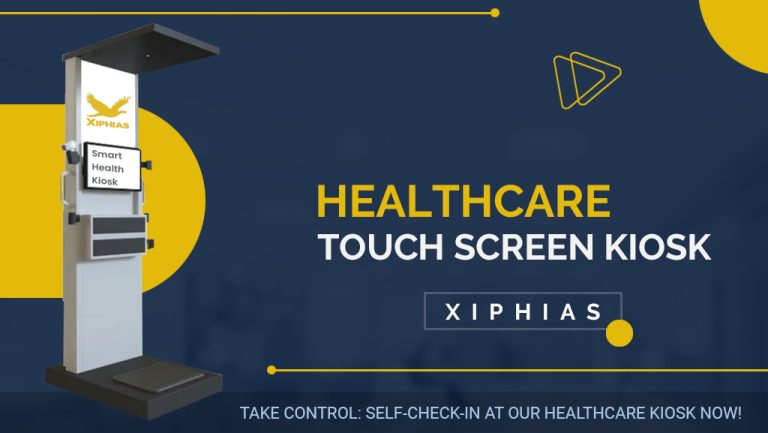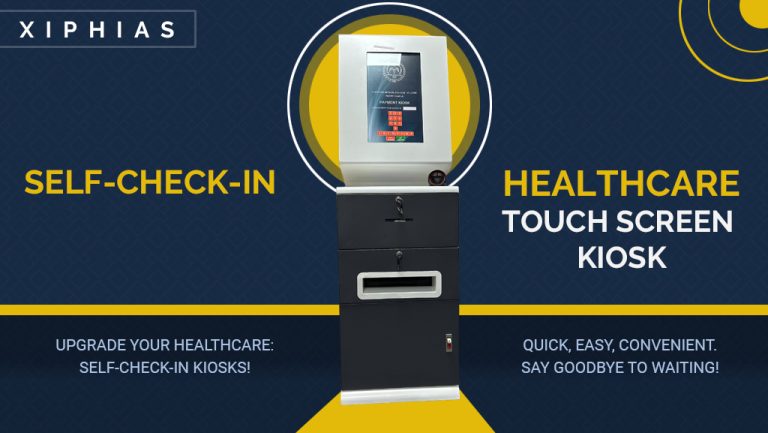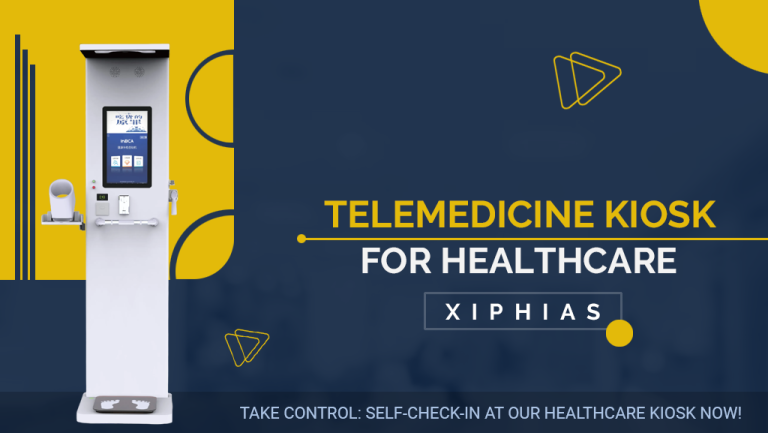Modernizing Healthcare: The Impact of Hospital Kiosks on Patient Self Check-Ins
In the fast-evolving healthcare industry, improving patient experience and operational efficiency is paramount. Hospital kiosks for patient self check-ins are a modern solution addressing these needs, transforming the way patients interact with healthcare facilities. This blog explores the impact of hospital kiosks on patient self check-ins, highlighting their benefits and contributions to modernizing healthcare.
Streamlining the Check-In Process
Hospital kiosks significantly streamline the check-in process, reducing wait times and enhancing efficiency. Traditional check-in methods often involve long queues and paperwork, causing delays and frustration. Kiosks offer a quick, automated alternative, allowing patients to check in within minutes. Patients can enter their information, verify appointments, and update personal details, all through an intuitive interface.
By reducing the time spent in lines, kiosks improve patient flow and reduce congestion in waiting areas. This efficiency not only enhances patient satisfaction but also allows healthcare staff to focus on more critical tasks, improving overall service delivery.
Enhancing Patient Experience
Hospital kiosks enhance the patient experience by providing a user-friendly, self-service option. Patients appreciate the convenience of managing their check-in process independently, without needing to wait for staff assistance. Kiosks are designed with easy-to-use interfaces, guiding patients through each step with clear instructions.
This autonomy empowers patients, giving them more control over their healthcare journey. Additionally, multilingual support on kiosks ensures accessibility for non-English speaking patients, further improving the patient experience. The ease and speed of self check-ins contribute to a more positive perception of the healthcare facility.
Reducing Administrative Burden
Implementing hospital kiosks reduces the administrative burden on healthcare staff, allowing them to allocate time and resources more efficiently. Staff traditionally responsible for managing check-ins can be reassigned to other essential roles, such as patient care and support. This redistribution of tasks enhances the overall productivity of the healthcare facility.
Kiosks also minimize errors associated with manual data entry. Patients input their information directly, reducing the risk of inaccuracies that can occur when staff manually enter data. This accuracy ensures that patient records are up-to-date and reliable, facilitating better patient care and management.
Improving Data Accuracy and Security
Hospital kiosks improve data accuracy and security by enabling patients to enter their own information. This direct input reduces the chances of errors that can occur during manual transcription. Accurate data is crucial for effective patient care, ensuring that healthcare providers have reliable information for diagnosis and treatment.
Kiosks are equipped with robust security features to protect patient information. Data encryption and secure access protocols ensure that sensitive information is safeguarded, maintaining patient confidentiality. This focus on data security aligns with regulatory requirements, ensuring compliance with healthcare standards.
Facilitating Pre-Visit Processes
Hospital kiosks facilitate pre-visit processes, allowing patients to complete necessary forms and questionnaires before their appointments. Patients can update their medical history, list current medications, and provide insurance details through the kiosk. This pre-visit preparation ensures that healthcare providers have all the necessary information beforehand, streamlining the consultation process.
Pre-visit processes enhance the efficiency of appointments, allowing healthcare providers to focus more on patient care and less on administrative tasks. This preparation improves the quality of care, as providers can review patient information in advance and address specific needs more effectively.
Enhancing Communication and Engagement
Hospital kiosks enhance communication and engagement between patients and healthcare providers. Kiosks can display important announcements, health tips, and reminders, keeping patients informed about their healthcare. This proactive communication fosters a stronger patient-provider relationship, encouraging patients to be more engaged in their health management.
Additionally, kiosks can facilitate feedback collection, allowing patients to provide immediate feedback on their experience. This real-time feedback is valuable for healthcare facilities to identify areas for improvement and implement changes to enhance service quality.
Reducing No-Show Rates
Hospital kiosks contribute to reducing no-show rates by providing timely reminders and easy rescheduling options. Patients can receive appointment reminders through the kiosk and update their schedules if necessary. This functionality ensures that appointments are not missed, optimizing the utilization of healthcare resources.
Reducing no-show rates improves the efficiency of healthcare facilities, ensuring that scheduled appointments are honored and resources are not wasted. This optimization leads to better patient outcomes and a more streamlined operation.
Supporting Contactless Interactions
In the wake of the COVID-19 pandemic, contactless interactions have become increasingly important. Hospital kiosks support contactless check-ins, minimizing physical contact and reducing the risk of virus transmission. Patients can complete the check-in process independently, without the need to interact with staff or touch shared surfaces.
Supporting contactless interactions enhances patient safety, addressing concerns related to infectious diseases. This capability aligns with current health guidelines, ensuring that healthcare facilities provide a safe environment for patients and staff.
Conclusion
Hospital kiosks for patient self check-ins are revolutionizing the healthcare industry by streamlining processes, enhancing patient experience, and improving operational efficiency. These kiosks offer a modern solution that empowers patients, reduces administrative burden, and ensures data accuracy and security. By facilitating pre-visit processes, enhancing communication, and supporting contactless interactions, hospital kiosks contribute to a more efficient and patient-centric healthcare environment.
As technology continues to evolve, the adoption of hospital kiosks will likely increase, further modernizing healthcare facilities. Embracing these innovations will ensure that healthcare providers can meet the changing needs of patients and deliver high-quality care in an efficient and effective manner.

